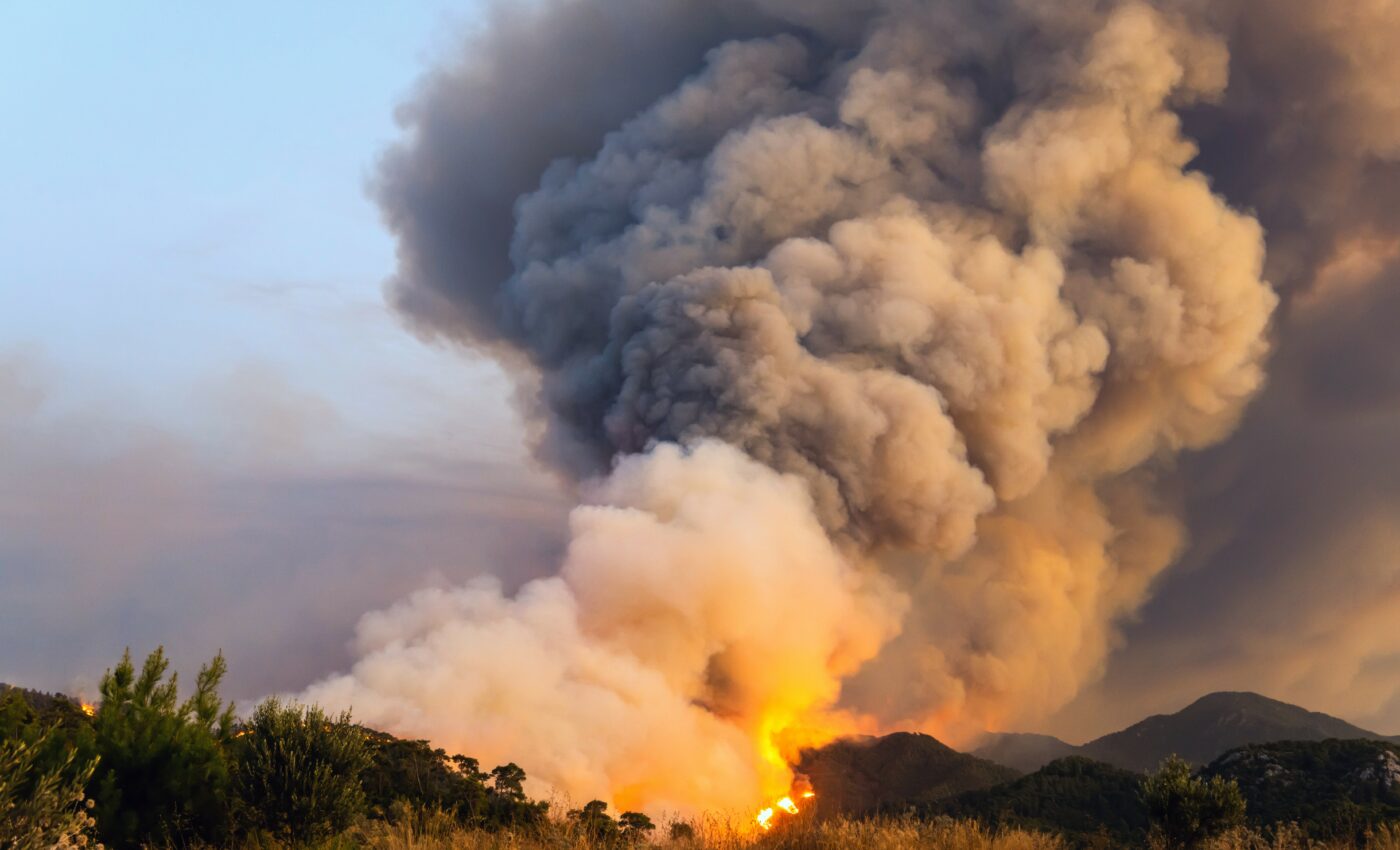
Wildfire smoke damages the ozone layer
A new study led by the University of Waterloo has found that wildfire smoke can damage the ozone shield – a part of the stratosphere that has a crucial role in absorbing ultraviolet rays from the sun. These results suggest that if major fires become more frequent with a changing climate, more damaging ultraviolet radiation from the sun will reach the ground, endangering numerous ecosystems.
The researchers used data from the Canadian Space Agency’s Atmospheric Chemistry Experiment (ACE) satellite to measure the effects of smoke from the Australian wildfires of 2019 and 2020.
“The ACE satellite is a unique mission with over 18 continuous years of data on atmospheric composition. ACE measures a large collection of molecules to give a better, more complete picture of what is happening in our atmosphere,” said study lead author Peter Bernath, a professor of Atmospheric Chemistry at the University of Waterloo.
“Models can’t reproduce atmospheric smoke chemistry yet, so our measurements provide a unique look at chemistry not seen before.”
Professor Bernath and his colleagues found that the smoke resulting from Australia’s wildfires destroyed atmospheric ozone in the Southern Hemisphere for months. Similar to the holes in the ozone layer over the polar regions, this damage was fortunately temporary, and the ozone levels returned to pre-wildfire levels after the smoke disappeared from the stratosphere. However, an increase in the frequency of wildfires would mean that such events will occur more often.
“The Australian fires injected acidic smoke particles into the stratosphere, disrupting the chlorine, hydrogen, and nitrogen chemistry that regulate ozone,” said Professor Bernath. “This is the first large measurement of the smoke, which shows it converting these ozone-regulating compounds into more reactive compounds that destroy ozone.”
Urgent climate mitigation actions are needed to reduce the frequency and severity of wildfires, and thus to protect our planet and its various ecosystems.
The study is published in the journal Science.
—
By Andrei Ionescu, Earth.com Staff Writer













